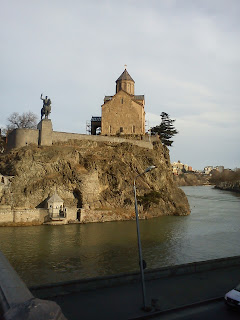International Organizations and Sustainable Tourism – WTO 6: UN pillars 2017 and Agenda 2030
An important page in the history of sustainable tourism was written in 2017. At the time, eco-tourism reached a turnover of about 100 million dollars, and was the fastest growing subsector in the tourism industry. To further promote this desirable way to practice tourism the United Nations 2017 designated 2017 the International Year of Sustainable Tourism for Development. Therefore, 15 years after the designation of the International Year of Sustainable Tourism, a new step was taken to consolidate this form of tourism, fully acknowledging its pivotal role. Sustainability is the key not only in the tourism sector, but in general in the socio-economic development of the communities and agents involved.
In this context, the WTO aims to create an overall statistical framework to measure the sustainability of tourism through a dedicated initiative.
The five pillars of 2017 are Economic Sustainability, Social Inclusion, Climate and Resources, Cultural Values, and Tourism as an instrument of peace.
The year was, and to a large extent still is open to everyone, individuals, governments and administrations of all levels, governmental and non-governmental associations, universities and research institutions.
Then, imperative, Agenda 2030.
Agenda 2030 was approved in 2015 by the UN General Assembly.
The challenges that governments and societies face are numerous, starting with what we have under our eyes and in our hands every day, which is goods to be made sustainable. It is clear that production should be in line with this need for sustainability. Then, the entire distribution chain, and the management of resources and the impact of waste and leftovers, and, and, and…
Tourism has a multiplier effect on these problems and its sustainability should be embedded in every planning and management process. Therefore, the achievement of the goals set by Agenda 2030 pass through operational efficiency, risk management, differentiation of the tourism product, waste reduction, and impact measurement.
Agents wishing to comply with these guidelines also have funds available to ensure at least partial financing. These include the Official Development Assistance (ODA), Aid for Trade, the Enhanced Integrated Framework, the Framework Program on Sustainable Consumption and Production, and the National Tourism Export Strategy.
Specialists around the world have elaborated all these tools for stakeholders, so spread the word… many of these are not enjoying the appropriate visibility!



Commenti
Posta un commento